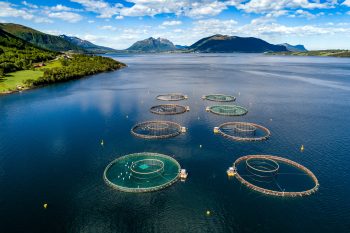Key finding
Companies are stepping up on human rights commitments.
22 of the 30 companies we measured have human rights commitments in place. However, they have to turn their commitments into procedures. For example, only 20% could demonstrate that they have a remediation mechanism in place.

Implementation of human rights procedures needs to be improved.
While 22 companies have commitments in place, these are only partly evidenced in their corporate procedures. For instance, only 56% of companies demonstrate grievance mechanisms, and just 20% have remediation protocols. There were more encouraging performances on health and safety, with measures implemented across the board (83%).
Top performers show strong human and labour rights policies, aligning with the United Nations Guiding Principles on Business and Human Rights. While many companies have taken action, labour protection for potential human rights violations remain inadequate or unenforced. The two best performing companies in this area, Charoen Pokphand Foods and Thai Union Group, are based in Thailand, where increasing scrutiny around human rights abuses has positively increased pressure on the seafood industry in the last decade.
